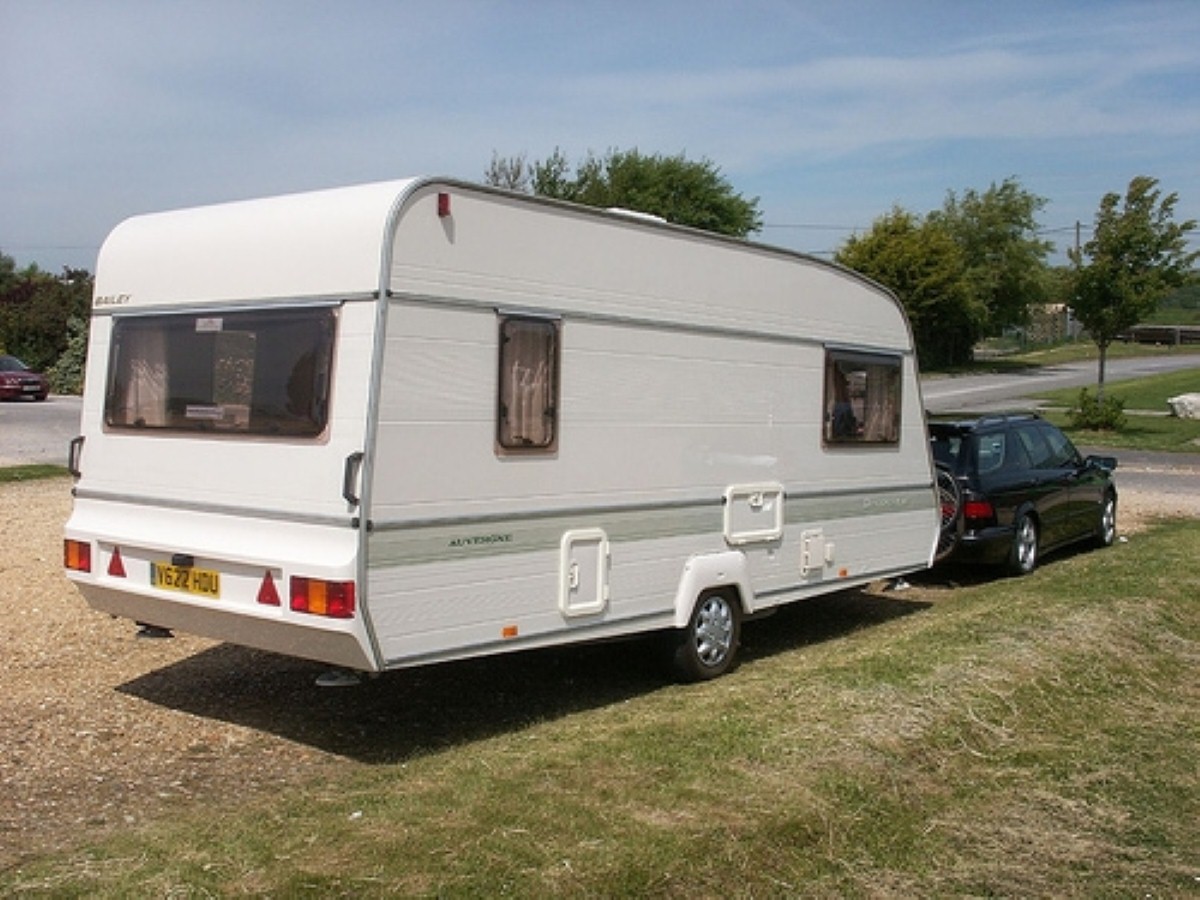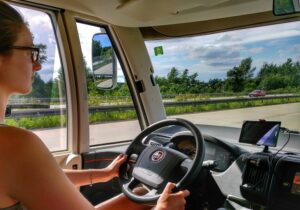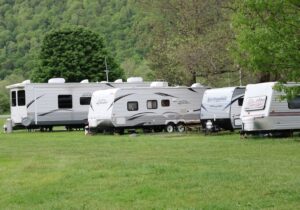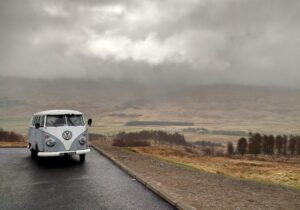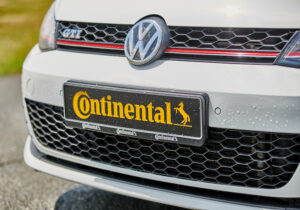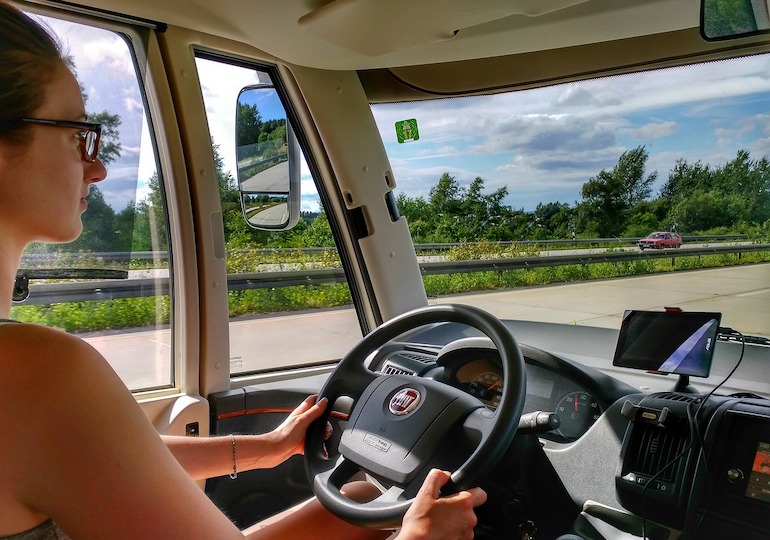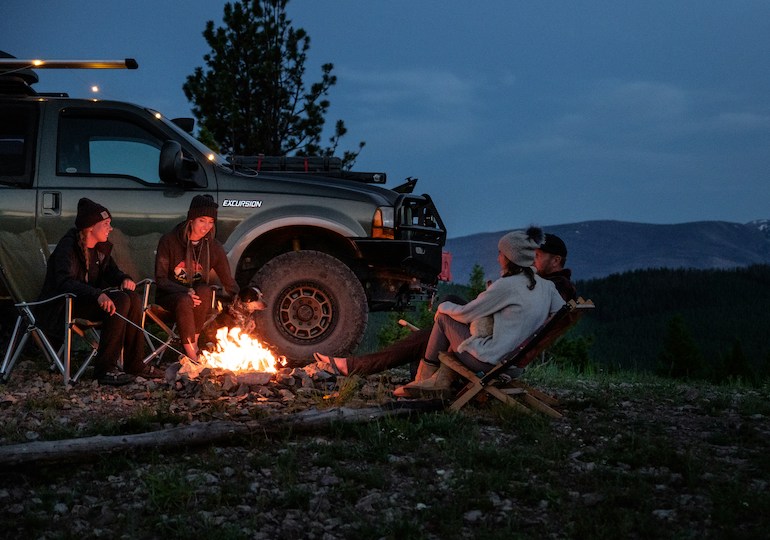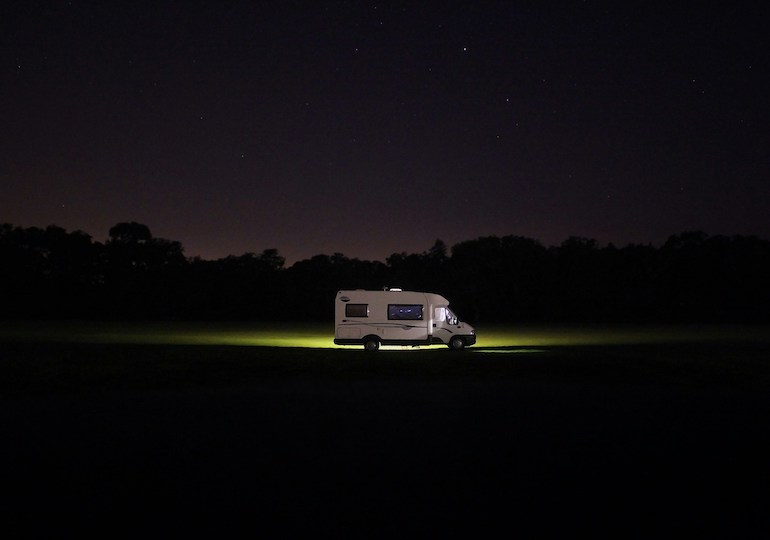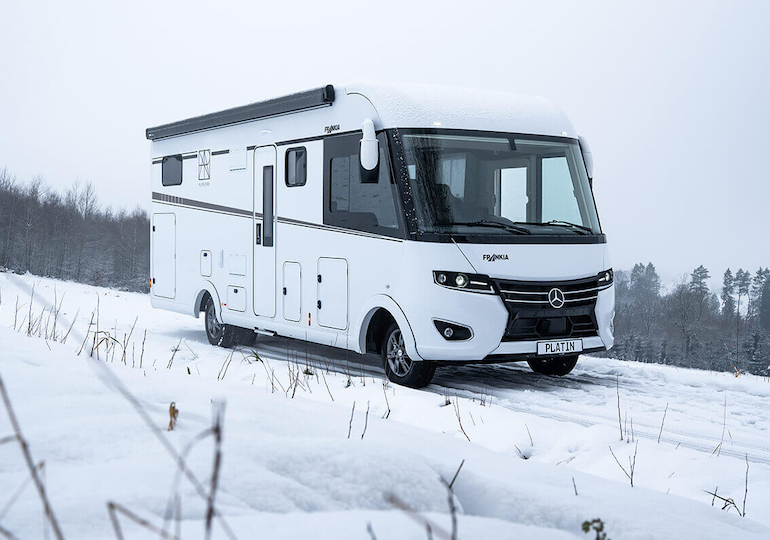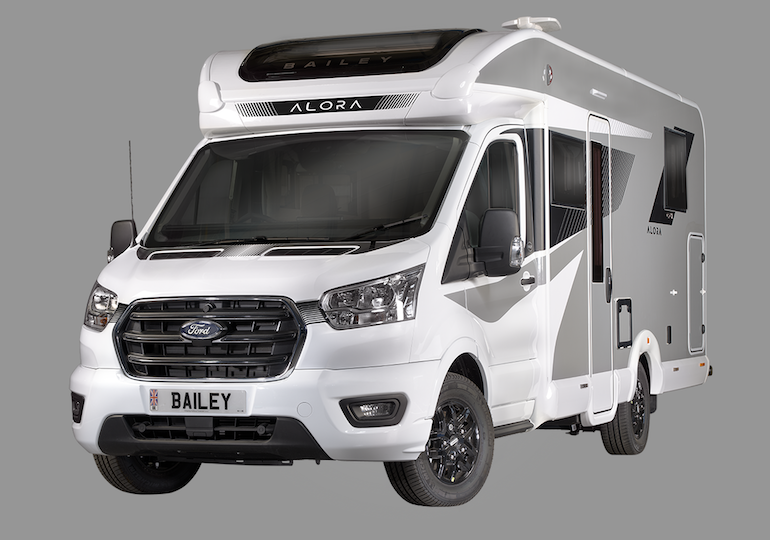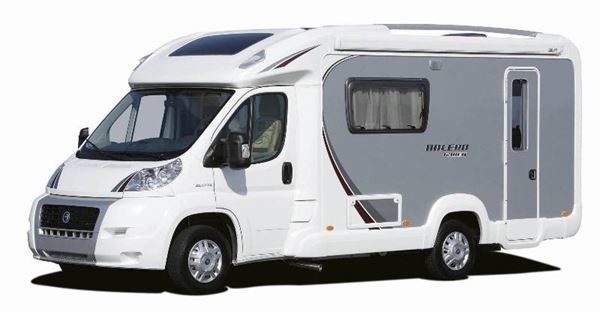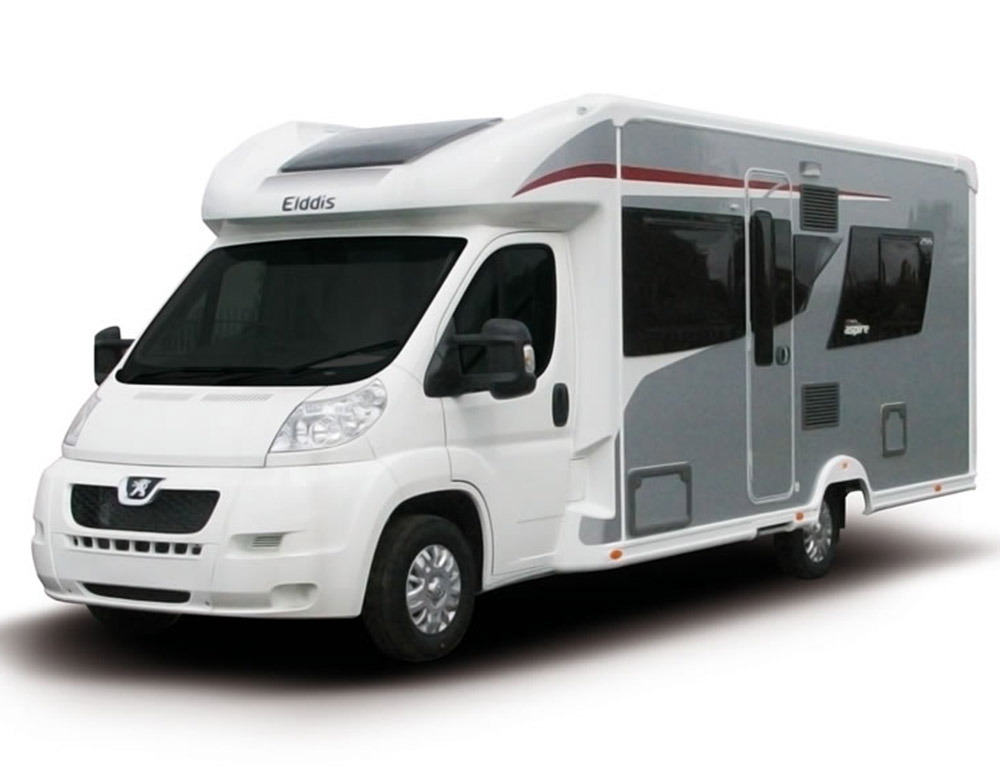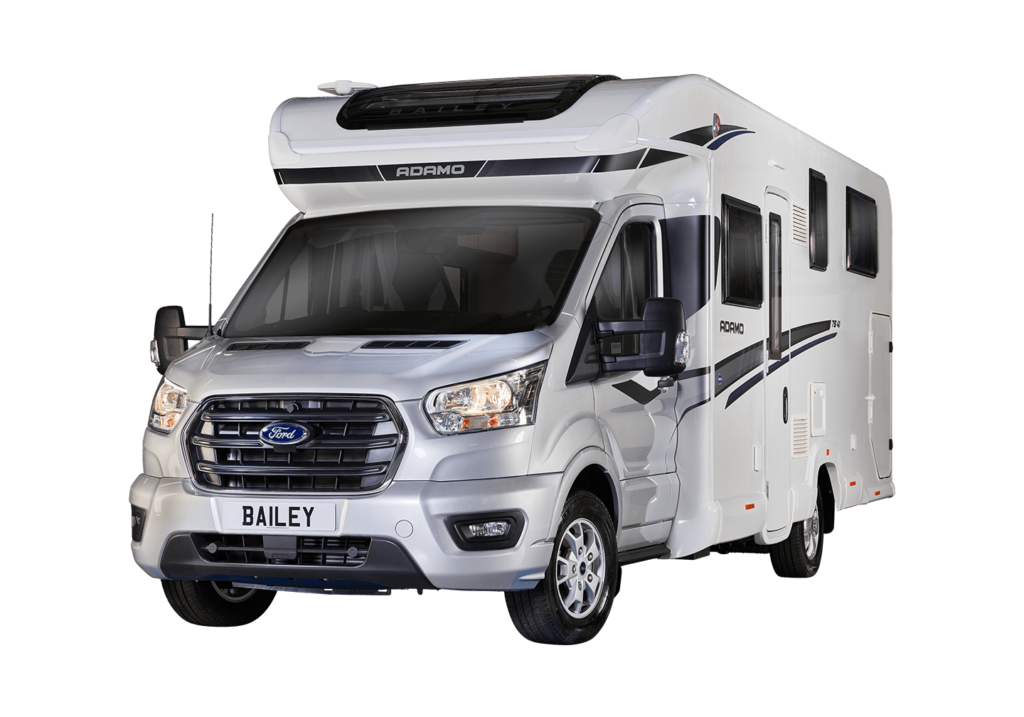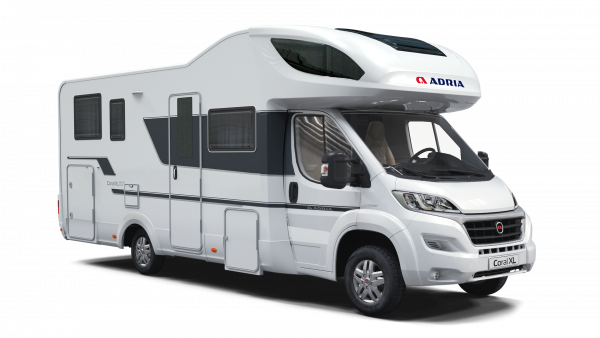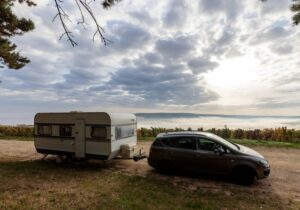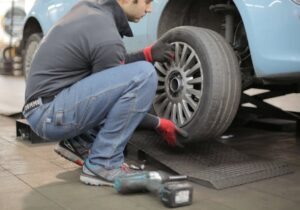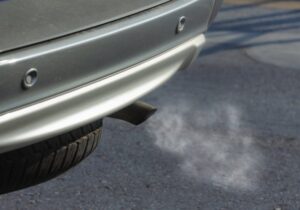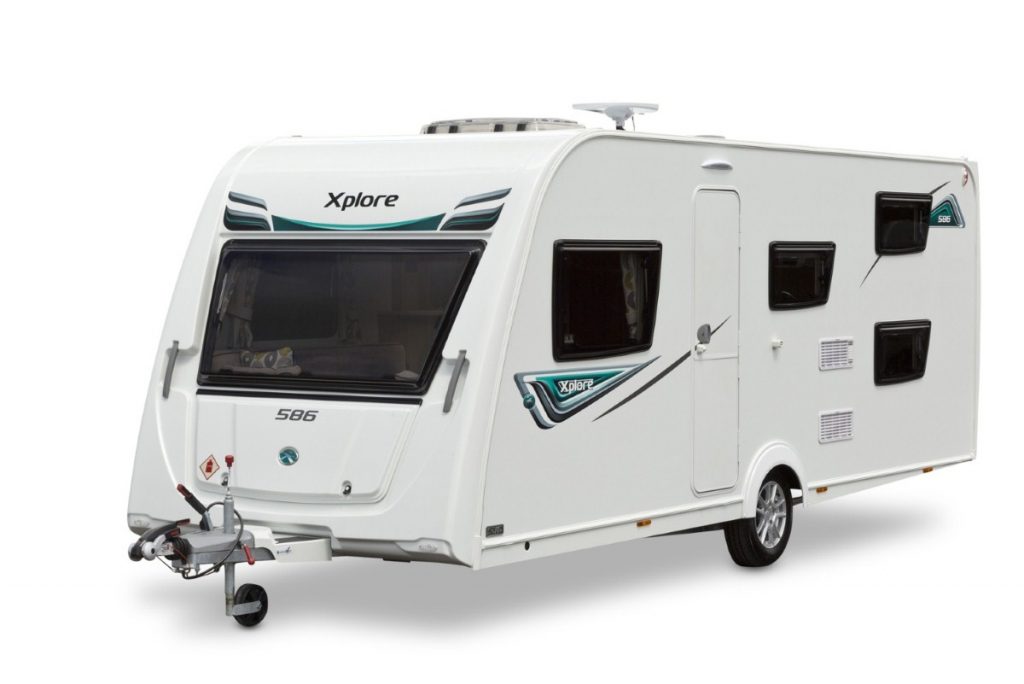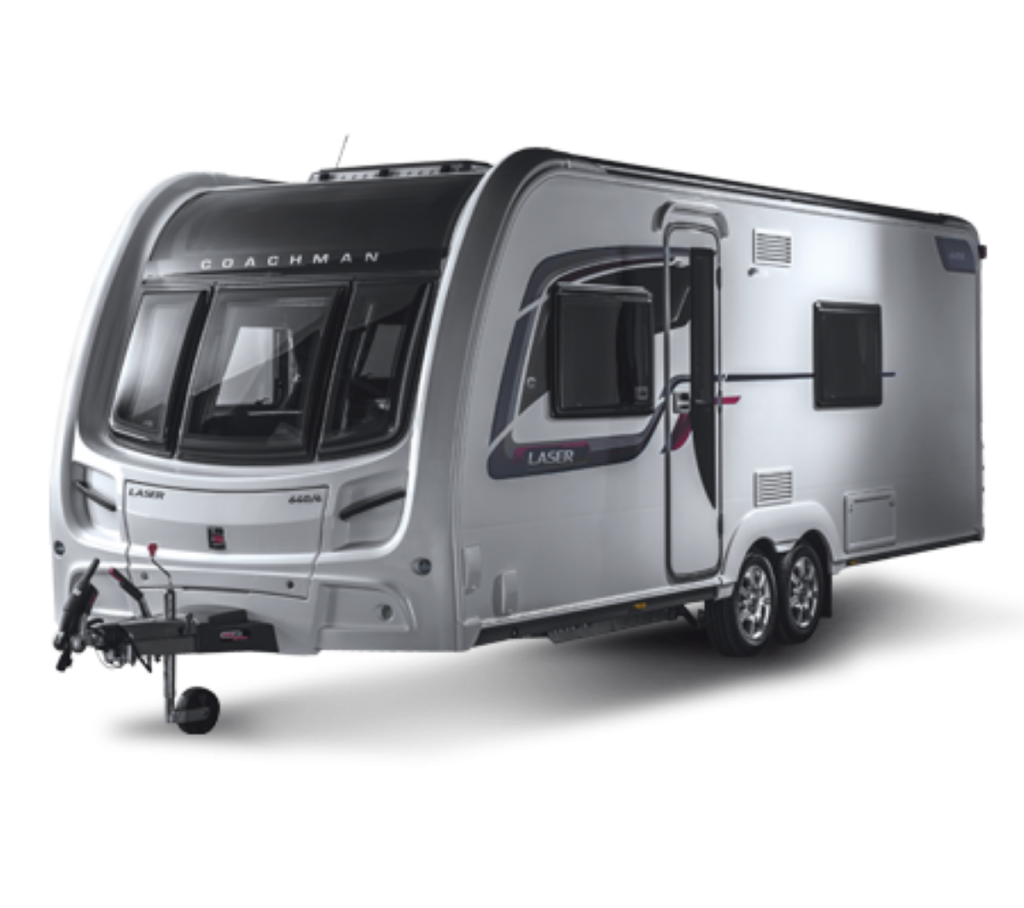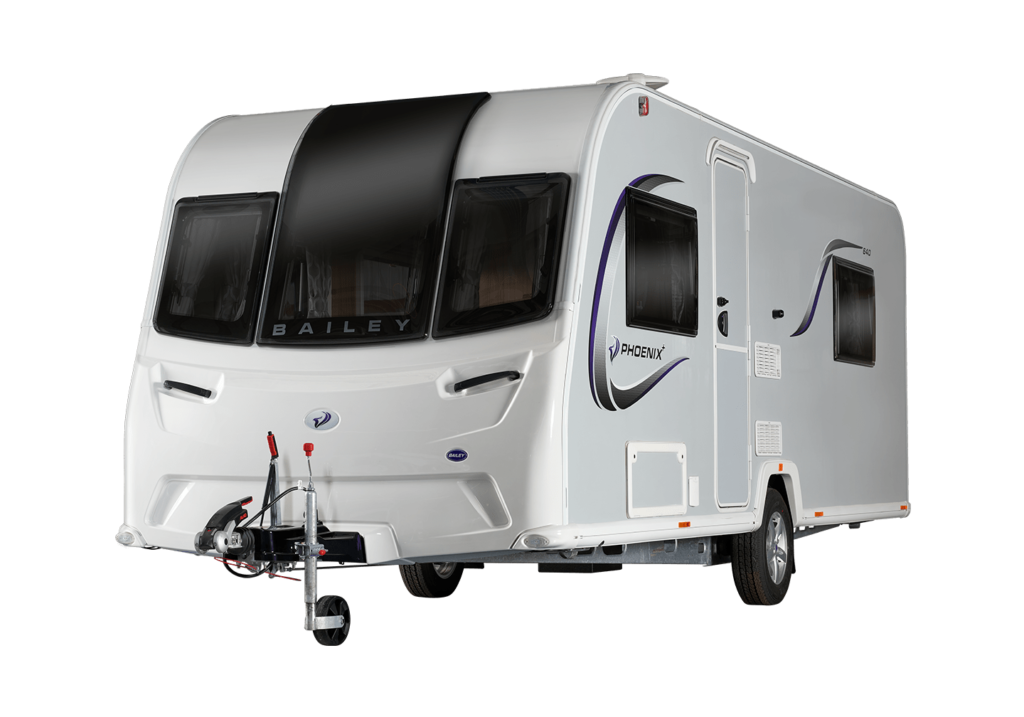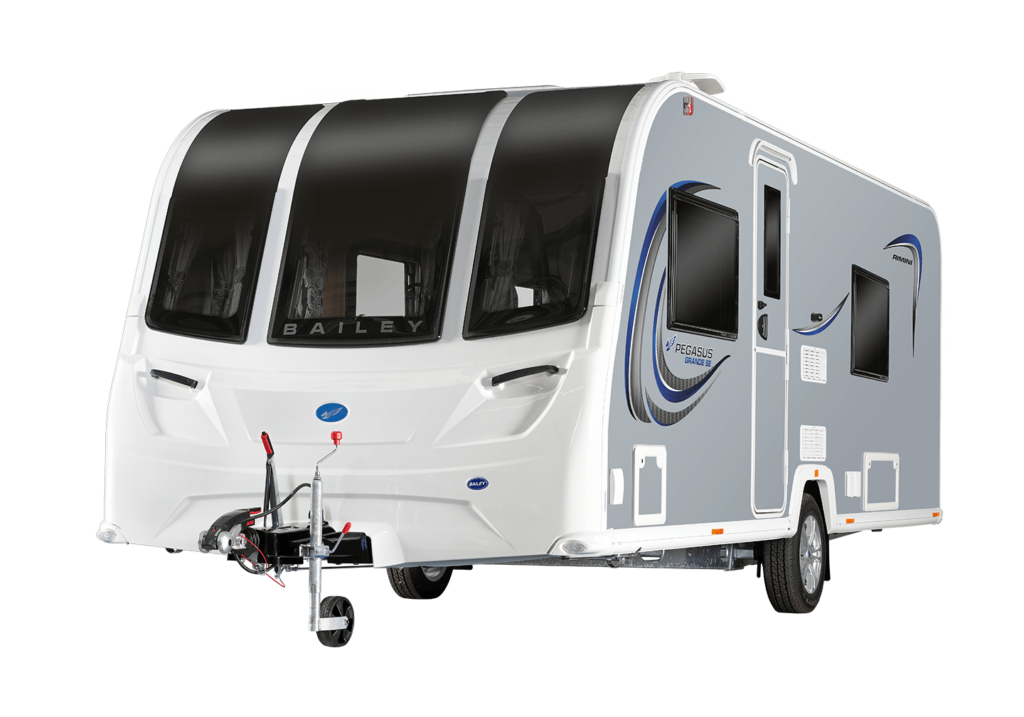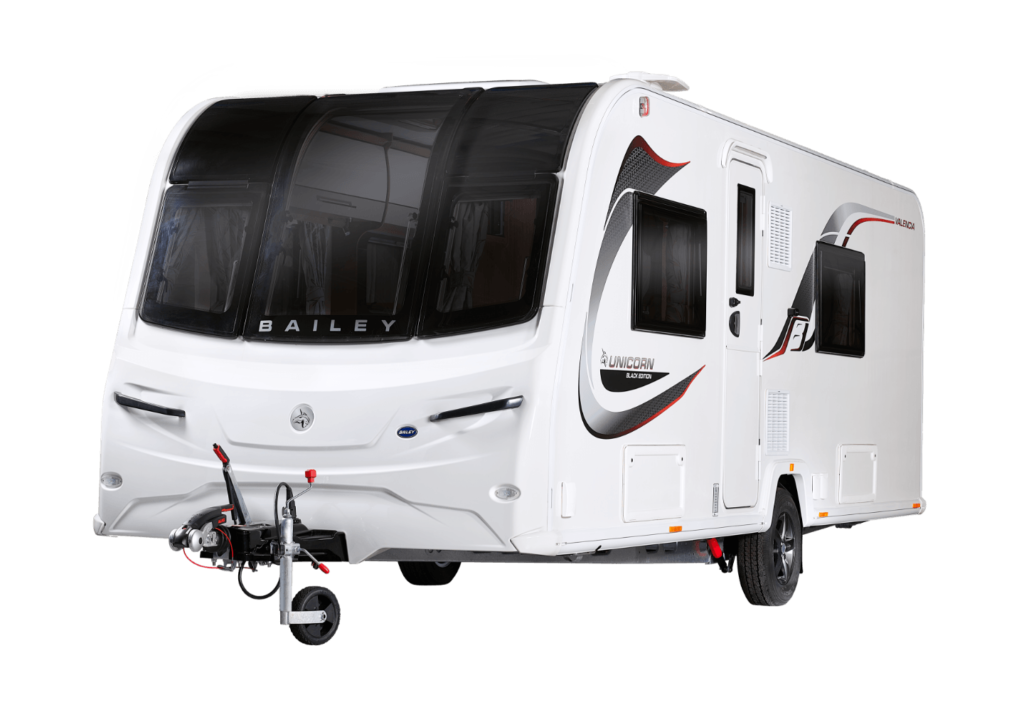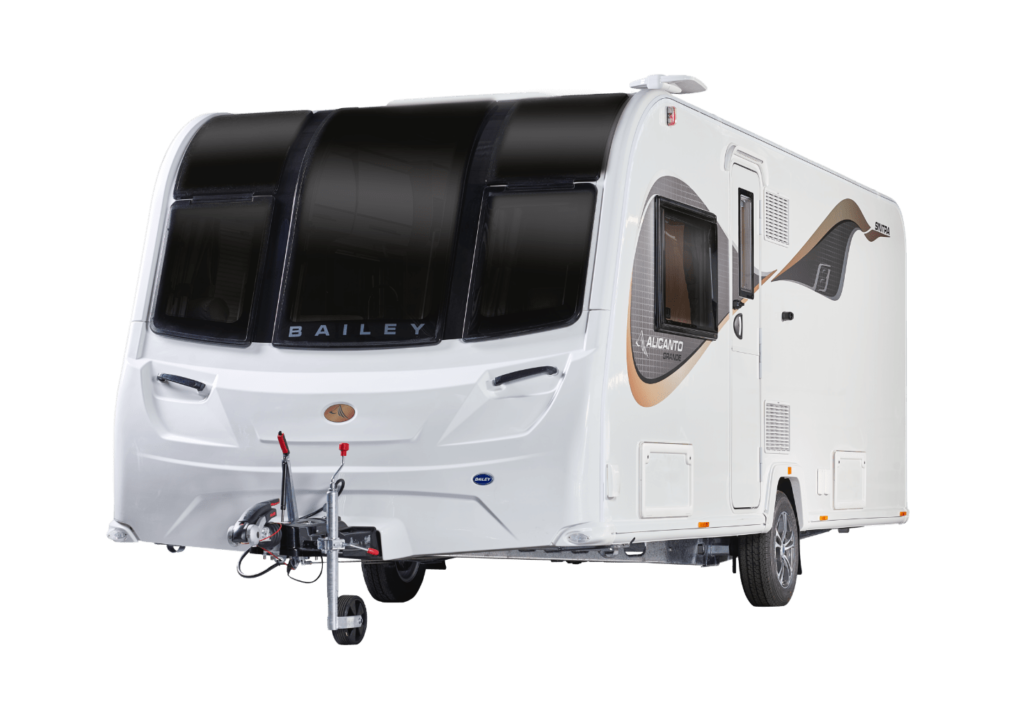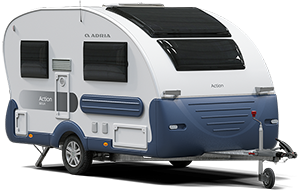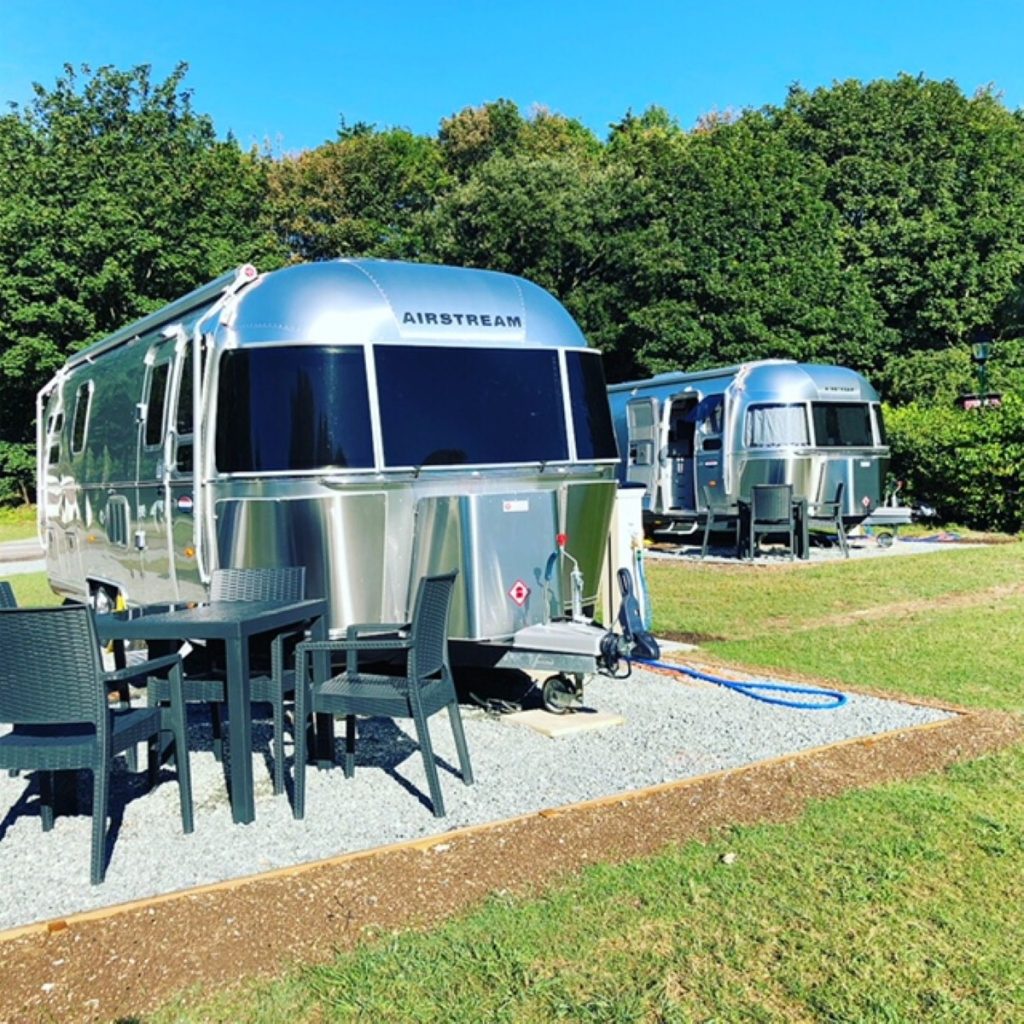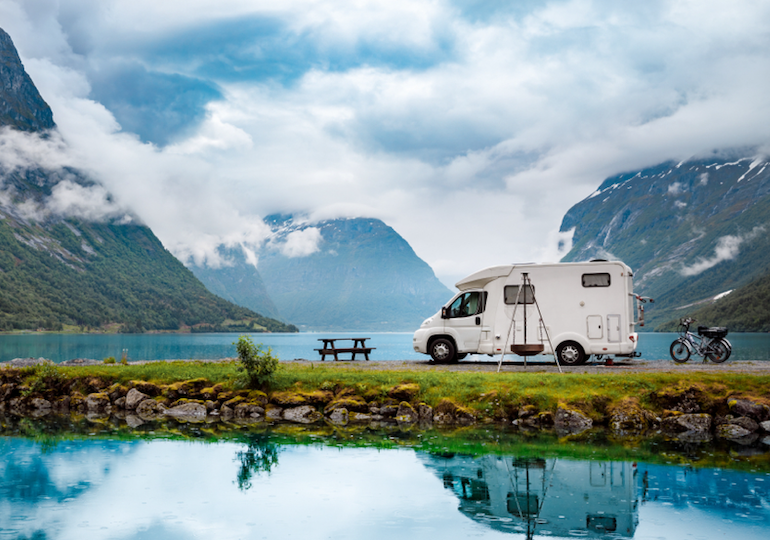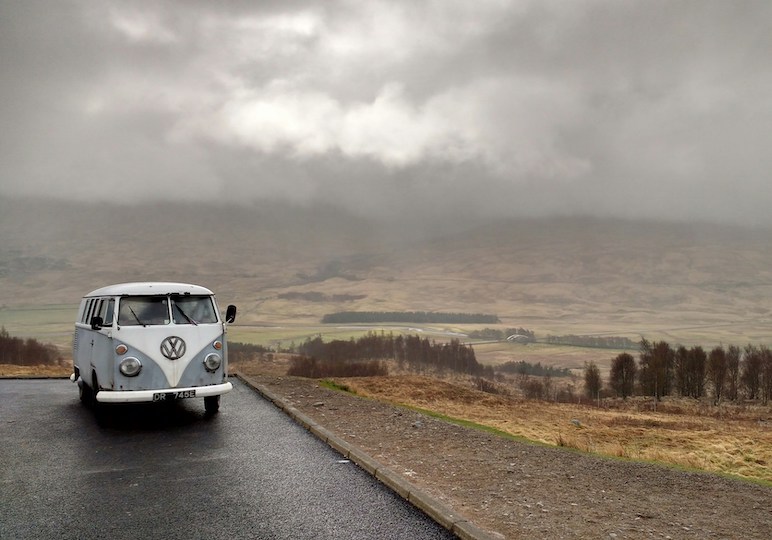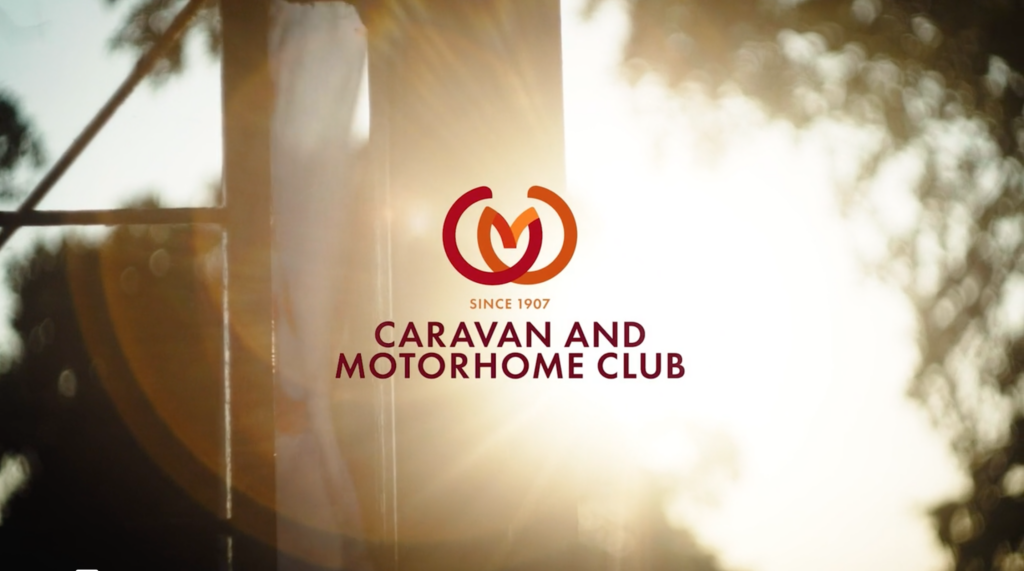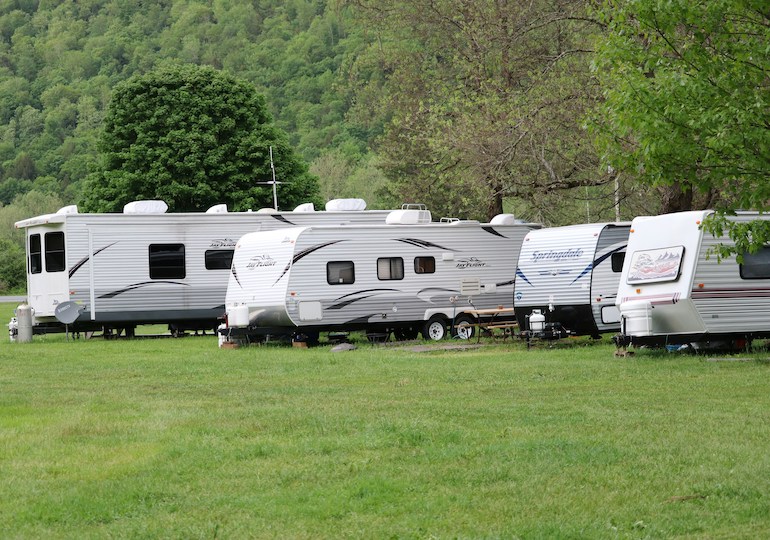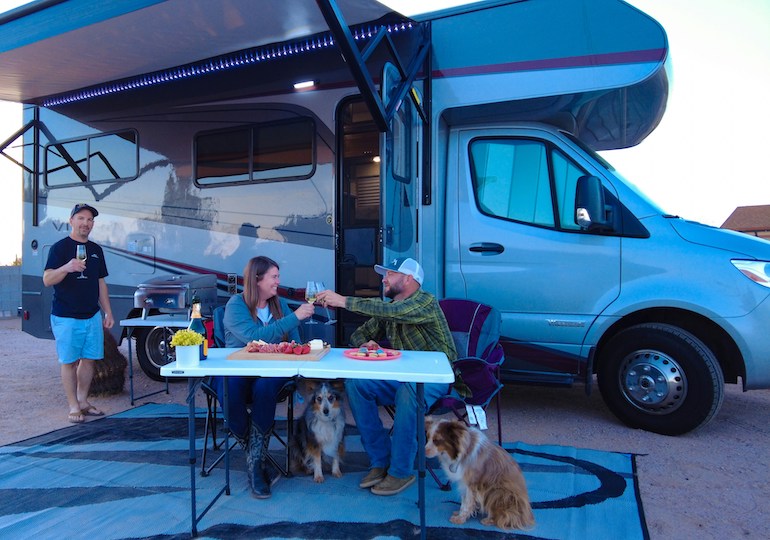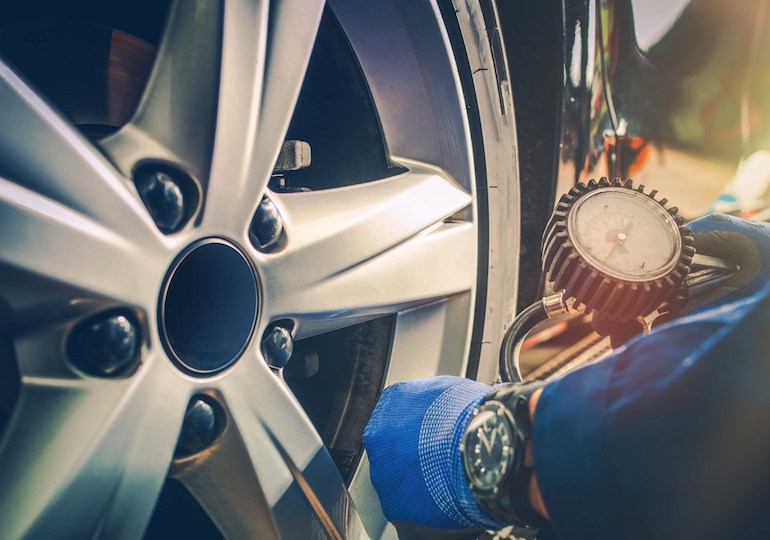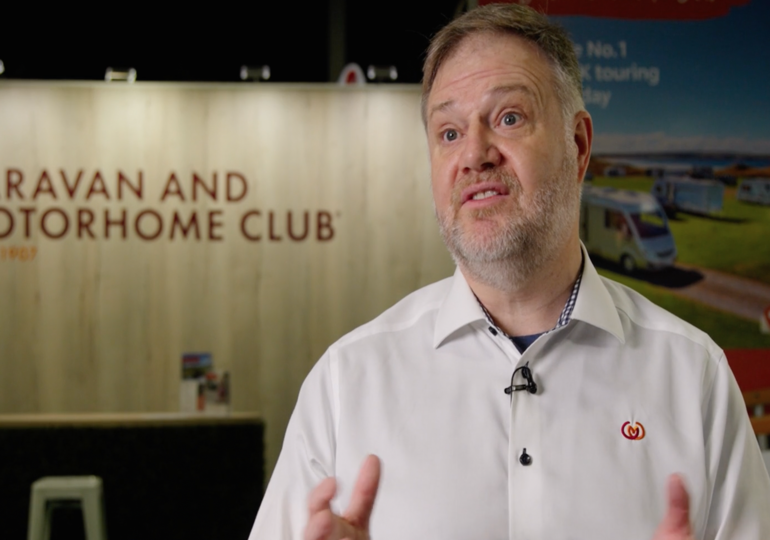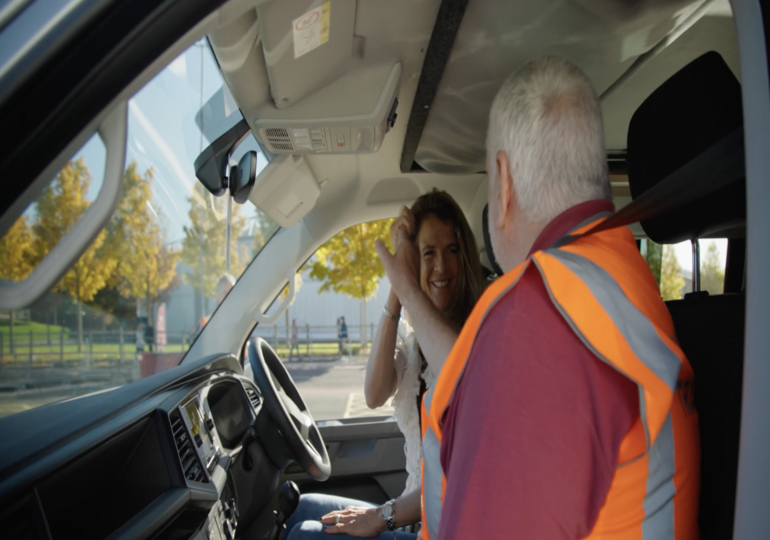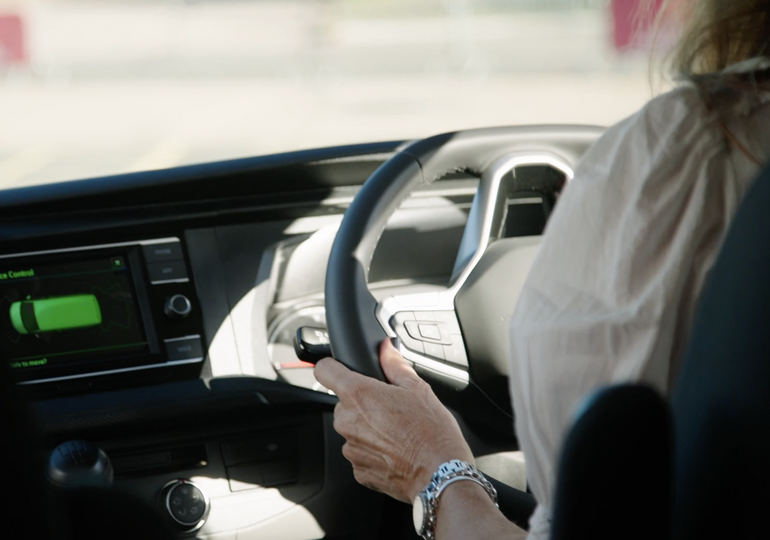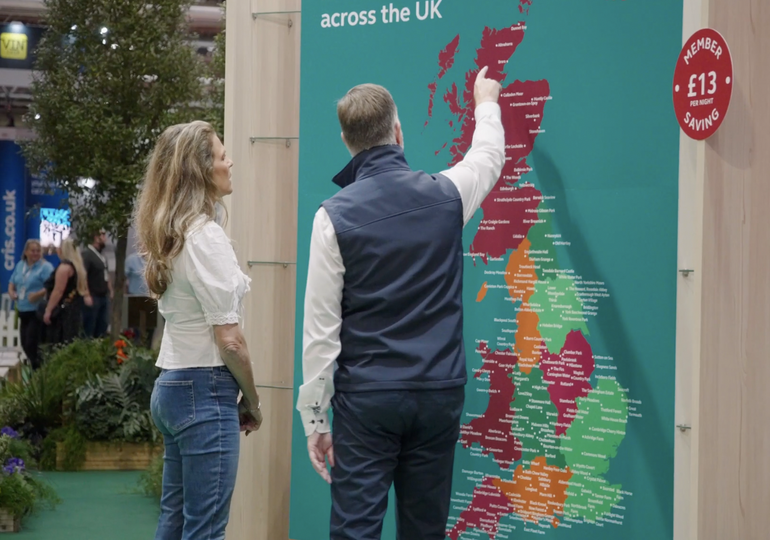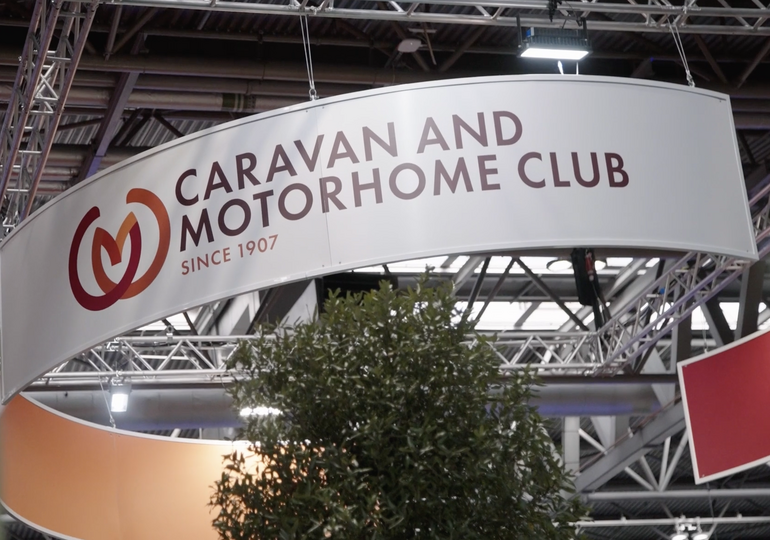By William Coleman
It is no surprise that this amazing weather is boosting the caravan, motorhome and camping industry in the UK. Sites are full up, more vans are being bought and there are a heck of a lot more caravans being towed on the roads and motorways of the UK.
As I am sure most of you will agree, the drivers who tow caravans are a skilled and careful bunch who religiously stick to the rules. But we have all been guilty of, on occasion, to let it slip when are rushing or feeling a bit more relaxed.
With that in mind we have to make sure we do not rush in these last few weeks of glorious sunshine there can be a temptation to lean on those safe but bad habits to get you to where you need to be a tad quicker. So here are some tips to help you keep brushed up on those good habits you keep. Oh and not to mention some tips to keep you in line with the law.
Take Your Time
As you know you have to be a lot more cautious than normal when towing a caravan or trailer. And more often than not it is other drivers who actually cause the issue as they are unaware of the difference between driving and towing.
Don’t be timid, but remember that you’ll need more time and space to manoeuvre. Brake earlier than normal, take corners wider and accelerate more gradually. And keep an eye out for poor drivers.
Observe The Specific Speed Limits
Cars towing caravans or trailers are legally limited to a top speed of 50 miles per hour on single carriageways and 60 miles per hour on dual carriageways and motorways. The usual 30 miles per hour limit in built up areas remains the same.
One very good lesson I learned was that just because there is a speed limit it does not mean you have to meet it. Drive to a safe speed and do not feel because others are driving faster you have to.
Check Your License
There are a lot of young folks who simply have no idea about the restrictions their licenses have when it comes to towing, and why would they know. Growing up I just assumed so long as I was not driving a huge lorry or bus I could just hitch up and go with any car and caravan combo. I was very wrong.
If you passed your test before 1997 you can tow a caravan or trailer up to a combined weight of 8,250kg maximum authorised mass (MAM). If you passed in or after 1997, you can tow a trailer weighing up to 3,500kg MAM, providing the car and trailer total weight is less than the gross train weight of the car, as stated by its manufacturer.
Don’t Overload
The gross train weight of a vehicle, which can often be found on the vehicle identification number under the bonnet or inside the driver’s door, is the weight of a loaded car and loaded trailer put together and must not be exceeded.
It is tempting to fully stock up as when you get to site you can just sit back and relax. But I do advise filling up when you get there and take a minimal amount with you to just with the weight and towing behaviour.
Get A Legal Tow Bar
Drivers are legally obliged to make sure that the tow bar you’re hooking up your caravan or trailer to is type approved for your vehicle.
This is something that may seem painfully obvious but I imagine that there are a lot of newcomers who just assume a tow bar is a tow bar. So do make sure that you do a thorough check on the towbar before purchase.
Get Extended Mirrors
The rear view mirror will be out of action while towing a caravan, horse box or high trailer so it’s vital drivers can see behind them via properly adjusted side mirrors. Purchase specifically designed mirror extensions to avoid potential danger and a fine or points on your driving licence.
Check The Brakes
If what you’re towing weighs more than 750kg, it must be fitted with its own, properly working set of brakes.
Keep Passengers Out Of Caravans
It’s strictly forbidden and completely unsafe to allow and passengers or pets to travel in a caravan while it’s being towed on the roads.
Avoid The Outside Lane
Drivers towing caravans and trailers aren’t allowed to use the fast lane on three and four lane motorways and smart motorways.
Be Careful Of Snaking
If your caravan or trailer starts to sway or otherwise affect your stability while driving, resist the urge to brake. Instead, simply take your foot off the accelerator and allow your vehicle to slow down naturally, while gripping the wheel to maintain a safe road position.
Pull Over
If your slower, defensive driving is causing a large amount of traffic to queue up behind you, pull over in a safe spot and allow the waiting cars to pass – you’d want them to do the same.
Display Your Plates
The rear of your trailer or caravan must display your vehicle’s registration number just like your car and conform to the same standards, including readable fonts and being lit at night.
A spokesperson from LeaseCar.uk: <i<“Towing a caravan or trailer isn’t as simple as jumping behind the wheel and setting off in your car as normal for your holiday.
“To make sure you and your vehicle get to your destination safely, in one piece and without breaking any laws, drivers should change their style and get clued up on the specific rules that apply.
“As our advice explains, you’ll generally have to drive slower and more carefully, as well as making sure you have all the right equipment before setting off this summer.”

